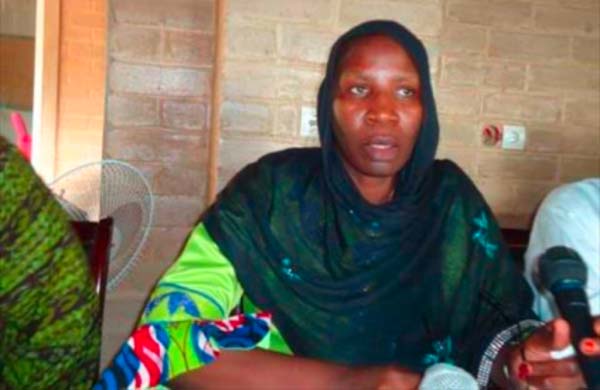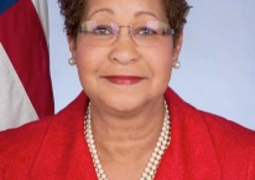
Ms Bakurin was speaking last week at the NEA Documentation Centre during a taskforce meeting aimed at effectively strategizing and preparing the ground for implementing the ban on the scheduled date.
The NEA Executive Director stated that The Gambia is not the first country to ban the use and importation of plastic bags.
She cited as examples South Africa, Botswana, Egypt, Ethiopia, Ghana and others, which have banned the use of plastic bags in Africa.
“We have to look at how to remedy the situation,” she said. “Come 1st July 2015 the ban on the use and importation of plastic bags will come into effect.”
In this regard, she noted, NEA has a role to play.
“The Gambia will join the world to ban plastic bags for obvious and realistic reasons as we all know plastic serves a short term purpose but in the long term has a lot of negative impacts on the environment and human health particularly in our marine, waters, and air,” she said.
She also said plastic bags are thrown all over the place and those that are burnt cause greenhouse gases, which is inimical to human health.
It is important they sensitize the public on the dangers of waste plastic bags, so that people could avoid the use of plastic bags and contribute positively to the global environmental management for today’s and future generations, she further said.
Madam Bakurin thanked the private sector for working with the NEA, and the Gambia government, particularly the President, for the political support.
“If we do not cooperate and reduce the use of plastic bags it will affect us all at personal, institutional and community level,” she observed.
Countries like India use paper bags of various sizes, which are durable and could be managed well, she said, adding: “If other countries can, why not The Gambia?”
“The banning is an executive directive from the highest body and we have to respect and implement it to the letter come 1st July 2015,” she said, adding that the NEA will be enforcing the ban in line with the Environment Policy Act and other related regulations.
The NEA DG calls on the cooperation and understanding of all and sundry as “this is for the good of everyone” in the country and the environment.
NEA Senior Programme Officer for Environmental Quality Muhammed Jalon Jabang said that since February 2012 stakeholders in the business of plastic bags have been pleading with Government from banning the use of plastic bags in The Gambia.
However after some time it was realised by government that those involved in itsimportation and sale could not effectively control the harm it causes to the environment, or comply with the conditions put in place by the authorities, hencegovernment finally decided to issue a ban on its use and importation.
He added that many cautionary steps were taken with proper engagement with corporate bodies and proprietors involved in the trade of plastic bags, including the formation of a taskforce, before government resorted to banning of the use and importation of plastic bags in the country.
Some of the manufacturing and imports companies in the country pleaded with the authorities to allow them to phase out their present stocks as well as sort out the new orders they have placed with their suppliers before the ban could take effect. Less than two months, they said, would not be enough, he added.
He also said consideration should be given to the fact that they have employees to sort out before the ban takes effect.
Other stakeholders asked whether they could switch to the types of plastic bags being used in Congo Brazzaville and Congo Kinshasa, which can melt or decompose after two months under the ground.



